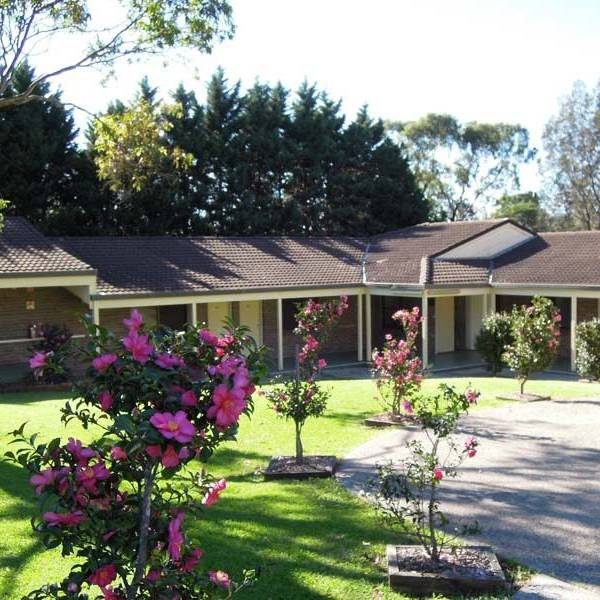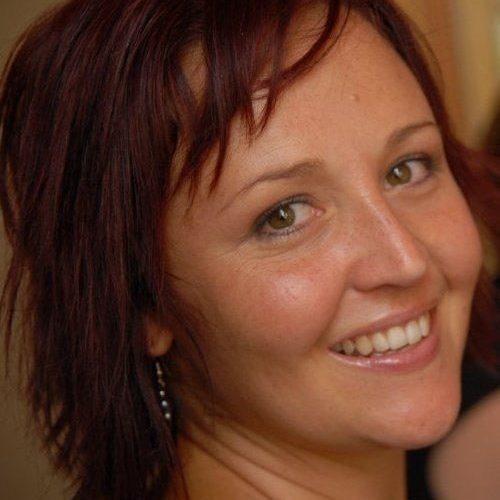 The history of the Metropolitan Community Church in Sydney paints a very different picture of how faith, love, acceptance and LGBTQI community can manifest in a Christian context.
The history of the Metropolitan Community Church in Sydney paints a very different picture of how faith, love, acceptance and LGBTQI community can manifest in a Christian context.
Christian churches are probably not the sort of spaces you would expect to see (or feel you could express) sex and gender diversity, nor are they typically the spaces where LGBTQI people would think to meet each other and build a community.
Even though the majority of church communities would surely hope to reinforce what the Bible teaches about Jesus’ emphasis on forgiveness, love, acceptance and inclusivity, some are still openly opposed to homosexuality and non-heterosexual lifestyles on both theological and cultural grounds.
The history of the Metropolitan Community Church paints a very different picture of how faith, love, acceptance and LGBTQI community can manifest in a Christian context, and how church communities can in fact offer refuge for people with a variety of belief systems, lifestyles and backgrounds.
In its forty year history, Sydney’s Metropolitan Community Church (which currently meets at 96 Crystal Street Petersham) has actively encouraged the idea that Christian faith and spirituality are directly related to social justice and activism. Locally and internationally, the broader MCC community (which emerged out of North America) was advocating for LGBTQI people alongside the more well-known campaigns sparked by gay liberation and women’s liberation movements in the 1970s, 80s and 90s.
For example, in Australia MCC played a role in gay law reform, and supported people living with HIV/AIDs and their carers with food and resources throughout 1980 and 1990s, and in 2000 MCC Sydney held the first Holy Union of a female same sex couple. More recently MCC has been concerned with providing greater outreach to the transgender community.
Their ongoing commitment to social justice and fostering awareness of contemporary LGBTQI issues means that MCC has tried to offer more than a Sunday ritual of accessing Christian teaching, but a way of enacting it in a constantly shifting world. First and foremost it has offered a safe and relational space for those most vulnerable to discrimination, violence and abuse.
This was apparent from the moment I sat down at their morning and evening services over two Sundays in October. Although I could see and sense certain aspects that were similar to other Christian church services I had attended – for example, a male pastor leading and preaching from the Bible, a group of singers leading the congregation in various Christian songs, time for prayer and reflection, as well as Communion – my experience at MCC was also strikingly different. As I sat and listened I was very aware that this was not a church where the norm was heterosexual men, women and their families. This was a space where people could and were open about not living heterosexual or particularly ‘traditional’ existences.
Since 1995 MCC has held an annual Christmas Eve Carols Service, which first took place at midnight in a room above the Academy Twin Cinemas in Sydney, specifically for the gay and lesbian community. From 1996 it has been held annually at Sydney Town Hall, attracting huge crowds of up to 800 people (the line for the first event here going all the way down George Street) and is advertised as welcome to all, ‘with no exceptions’.
Perhaps most crucially it has come to provide those who have nowhere to go on Christmas Eve – a time that can be incredibly magical and family oriented, but also deeply lonely and empty for many – a chance to join with others at the majestic Sydney Town Hall for carols, communion and a keynote address. It is an event that speaks across generations, traditions, contemporary politics and identities, and therefore many LGBTQI people have felt particularly encouraged – and safe – in inviting their family and friends along, who might otherwise live very different and separate lives. As Reverend Greg Smith emphasised, it is a ‘non-threatening space for mum and dad’.
Greg also explained that each year a keynote speaker is selected and asked to deliver ‘an affirming message to our diverse community’. Past speakers have included The Hon Michael Kirby, Reverend Dr. Dorothy McCrae-McMahon (former Uniting Church Minister) and Father Rod Bower (Anglican Parish of Gosford), all of whom have been vocal advocates – and activists – for LGBTQI people in their respective professions. This year the keynote speaker is Cate McGregor, a serving member of the Australian Defence Force, and someone who will no doubt offer some important and supportive insights for transgender and sex and gender diverse communities, whether they be Christian or not.
For some, MCC’s Christmas Eve service has been the catalyst in making a decision to go back to church, or to start attending MCC regularly, whilst for others it may be a once a year occasion. Nevertheless, it is unique and special in the way it provides a space for Sydneysiders to not only spend Christmas Eve with an expansive and diverse crowd, but to do so in the heart of Sydney inside one of its most beautiful buildings.
The US-based Reverend Dr Nancy Wilson, the first woman to fill the position of Moderator of Metropolitan Community Churches since it was founded in 1968, had this to say about her visit to the Christmas Eve service in 2012.
“I loved the very eclectic congregation that forms at Sydney Town Hall – MCCers from all over Australia, families and friends of the congregation, and total strangers who happen by as services are starting at the historic Town Hall”
Underpinned by faith in Christian teachings and rituals, an awareness of social justice issues and a leadership team and congregation encompassing diverse sexualities and identities, MCC at Christmas time (and all year round) is one of the most surprising yet affirming spaces in which to see faith and inclusion being realised simultaneously. Think about joining them on Christmas Eve this year as they celebrate the 20th year of this special service.


